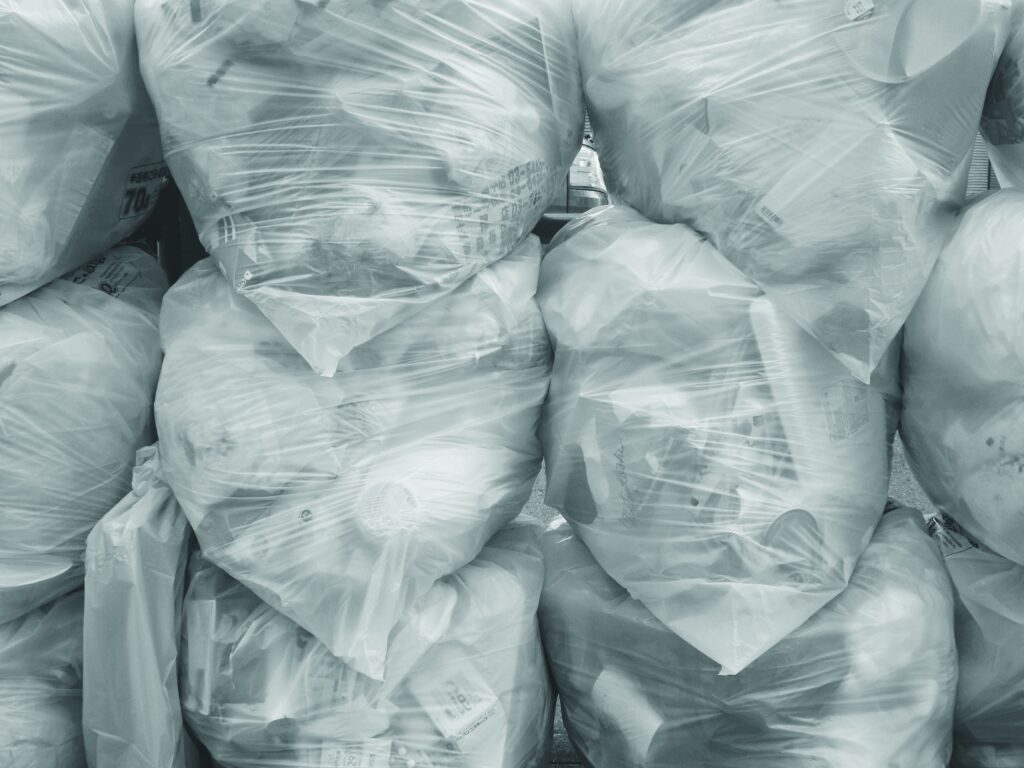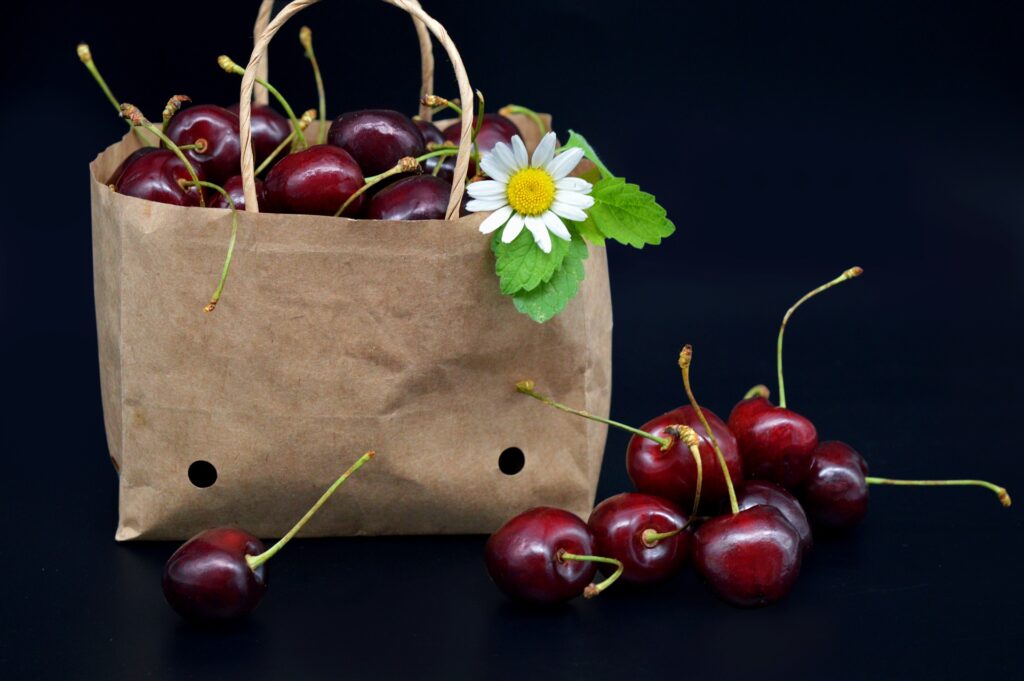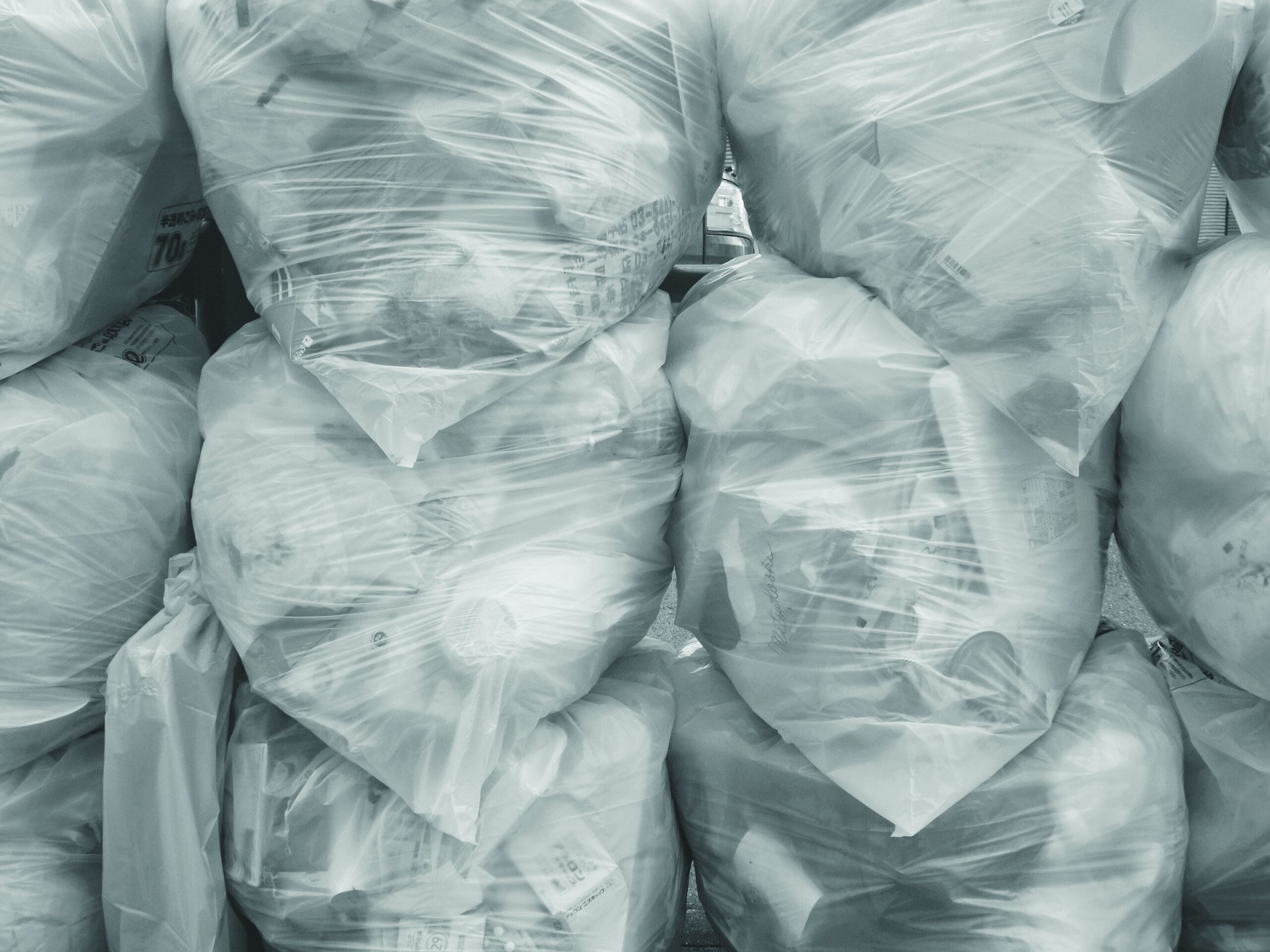What Are The Advantages Of Compostable Packaging: Introduction
Compostable packaging offers numerous advantages, making it a sustainable alternative to traditional packaging materials. But what are the advantages of compostable packaging? By opting for compostable packaging, you not only minimize the harmful impact on the environment but also contribute to the reduction of waste. Compostable packaging, derived from renewable resources, such as plants, not only breaks down naturally but also enriches the soil as it decomposes, providing valuable nutrients for future plant growth. In addition to its eco-friendly benefits, compostable packaging also demonstrates excellent shelf life and protects products effectively, ensuring that they reach customers in perfect condition.
What Are The Advantages Of Compostable Packaging: Reduced Environmental Impact
Decreased use of fossil fuels
Compostable packaging offers a significant advantage in terms of decreasing the use of fossil fuels. Traditional packaging materials, such as plastic and styrofoam, are derived from non-renewable resources and require a considerable amount of energy to produce. In contrast, compostable packaging is often made from materials like plant fibers and starches, which are renewable and require less energy to manufacture. By opting for compostable packaging, you can reduce your reliance on fossil fuels and contribute to a greener, more sustainable future.
Minimized greenhouse gas emissions
One of the most pressing environmental challenges today is climate change, largely driven by the accumulation of greenhouse gases in the atmosphere. Compostable packaging plays a crucial role in minimizing these emissions. When traditional packaging materials end up in landfills, they undergo anaerobic decomposition, resulting in the release of methane, a potent greenhouse gas. In contrast, compostable packaging decomposes under aerobic conditions, leading to the production of carbon dioxide, which has significantly lower global warming potential. By choosing compostable packaging, you can reduce greenhouse gas emissions and help mitigate climate change.
Less plastic waste
Plastic waste has become a global environmental crisis, with millions of tons ending up in landfills, oceans, and ecosystems every year. Compostable packaging offers a viable solution to this problem by significantly reducing plastic waste. Unlike conventional plastic packaging, compostable alternatives are designed to break down naturally through composting processes. This ensures that the packaging materials, including films, bags, and containers, are converted into organic matter, contributing to the natural nutrient cycle. With compostable packaging, you can significantly reduce your plastic waste footprint and help protect the environment.
What Are The Advantages Of Compostable Packaging: Improved Soil Health
Enriched organic matter
One of the key advantages of compostable packaging is its contribution to enriched organic matter in the soil. When compostable materials decompose, they break down into valuable organic matter, which serves as a nutrient-rich substrate for plant growth. This organic matter improves soil structure, retention of moisture, and nutrient-holding capacity. By using compostable packaging, you indirectly contribute to the enrichment of soil health, promoting sustainable agriculture and supporting the growth of healthy, productive crops.
Enhanced nutrient cycles
Compostable packaging materials contribute to enhanced nutrient cycles in the soil. When these materials decompose, they release essential nutrients into the soil, such as nitrogen, phosphorus, and potassium, which are vital for plant growth. These nutrients are then absorbed by plants, ultimately contributing to improved crop yields. By embracing compostable packaging, you actively participate in the nutrient cycle, ensuring the availability of essential elements for plant nutrition and agricultural sustainability.
Reduction in chemical inputs
Compostable packaging positively impacts soil health by reducing the need for chemical inputs in agriculture. When organic matter is enriched in the soil through the decomposition of compostable packaging, it enhances soil fertility and reduces the reliance on synthetic fertilizers. Chemical inputs can have detrimental effects on soil health and water quality, posing risks to both the environment and human health. By using compostable packaging, you contribute to the reduction of chemical inputs, promoting more sustainable agricultural practices and minimizing potential ecological harm.

Check Out Our Top Eco Friendly Product Picks On Amazon Here
What Are The Advantages Of Compostable Packaging: Reduced Landfill Waste
Decreased volume of trash
Landfill waste is a significant environmental concern, as it takes up valuable space and poses risks to ecosystems and human health. Compostable packaging offers a solution by decreasing the volume of trash that ends up in landfills. By opting for compostable materials, you divert waste away from disposal sites and encourage a more sustainable approach to packaging. These materials can be composted, reducing the amount of waste that would otherwise occupy landfill space and contribute to the accumulation of harmful compounds.
Mitigation of leachate pollution
Leachate pollution is a serious consequence of landfill waste and poses a significant threat to groundwater resources. When traditional packaging materials degrade in landfills, they generate leachate, a toxic liquid that can contaminate surrounding soil and water sources. With compostable packaging, the risk of leachate pollution is mitigated. Since compostable materials decompose under aerobic conditions in composting facilities rather than anaerobic conditions in landfills, the production of leachate is minimized. Compostable packaging thus contributes to preserving water quality and safeguarding precious water resources.
Less need for landfill expansion
As landfill waste continues to accumulate, the need for landfill expansion becomes a pressing concern. Compostable packaging plays a vital role in reducing the demand for landfill expansion. By utilizing compostable materials, which can be composted or otherwise naturally decomposed, you contribute to the reduction of waste that would otherwise occupy landfill space. This reduction in waste volume alleviates the pressure on existing landfills and helps postpone or eliminate the need for costly and environmentally damaging landfill expansion projects.
Reduced Energy Consumption
Lower energy requirements for production
Compostable packaging stands out in terms of energy efficiency, requiring lower energy inputs for production compared to traditional packaging materials. The manufacturing process for compostable packaging often involves using renewable resources, such as plant-based fibers and starches, which typically require less energy to transform into packaging materials. By opting for compostable packaging, you reduce energy consumption, thereby contributing to the conservation of valuable energy resources and reducing greenhouse gas emissions associated with energy production.
Decreased energy usage for disposal
Another advantage of compostable packaging is the decreased energy usage for disposal. Traditional packaging materials, particularly those made from plastic, often require energy-intensive processes for recycling or incineration. In contrast, compostable packaging materials can be efficiently composted, requiring minimal energy inputs during the disposal stage. By choosing compostable packaging, you not only reduce energy consumption during the production phase but also minimize the energy required for the final disposal of packaging materials.
Reduced transportation energy
Transportation is a significant contributor to energy consumption and greenhouse gas emissions. Compostable packaging offers benefits in terms of reduced transportation energy requirements. Compostable materials tend to be lighter in weight compared to traditional packaging alternatives, resulting in lower transportation energy needs. Additionally, compostable packaging can be locally sourced or produced, further reducing the distance and energy associated with transportation. By embracing compostable packaging, you actively contribute to reducing energy consumption in the transportation sector and reducing the carbon footprint of your packaging supply chain.

Support for Sustainable Agriculture
Promotes the use of compost as fertilizer
Compostable packaging supports sustainable agriculture by promoting the use of compost as an organic fertilizer. When compostable materials decompose, they contribute to the production of high-quality compost, a nutrient-rich substance that enhances soil health and promotes plant growth. By using compost as a fertilizer, farmers reduce their reliance on synthetic fertilizers, which can have adverse effects on the environment and human health. Compost provides essential nutrients to crops, improves soil structure, and encourages a more sustainable approach to food production.
Enhances crop yields and quality
Compostable packaging indirectly enhances crop yields and quality through the promotion of sustainable agricultural practices. The use of compost as a fertilizer, derived from the decomposition of compostable materials, enriches the soil with essential nutrients and improves its overall health. As a result, crops grown in such nutrient-rich soil exhibit enhanced growth, better resistance to pests and diseases, and improved overall productivity. By supporting sustainable agriculture through compostable packaging, you actively contribute to the production of high-quality, nutritious crops.
Reduces reliance on synthetic fertilizers
The excessive use of synthetic fertilizers can lead to numerous environmental and health issues, including water pollution, soil degradation, and the loss of biodiversity. Compostable packaging plays a crucial role in reducing reliance on synthetic fertilizers. By promoting the use of compost derived from the decomposition of compostable materials, farmers can enhance soil fertility naturally and reduce their dependency on chemical inputs. This reduction not only protects the environment but also contributes to the long-term sustainability and resilience of agricultural systems.
Minimized Wildlife Disturbance
Reduced risk of ingestion and entanglement
Wildlife often faces threats from discarded packaging materials, particularly plastic, which can be mistakenly ingested or cause entanglement. Compostable packaging helps minimize these risks by providing a safer alternative. Since compostable materials are designed to break down naturally, they pose a significantly reduced risk to wildlife. Ingesting or becoming entangled in compostable packaging is far less dangerous for animals compared to traditional packaging materials. By choosing compostable packaging, you actively contribute to the well-being and protection of wildlife.
Mitigation of habitat destruction and fragmentation
Habitat destruction and fragmentation are significant threats to wildlife populations worldwide. Traditional packaging materials, such as plastic, contribute to these issues through their pervasive presence in natural habitats. Compostable packaging mitigates habitat destruction and fragmentation. By promoting composting and ensuring packaging materials return to the soil as organic matter, compostable packaging reduces the accumulation of harmful materials in ecosystems. This, in turn, helps preserve habitats, reduce fragmentation, and maintain the balance of ecological systems.
Protection of wildlife diversity
Compostable packaging directly contributes to the protection of wildlife diversity. Traditional packaging materials, especially plastic, can have detrimental effects on various species, including marine life and birds. By opting for compostable packaging, you actively participate in the preservation of wildlife diversity. Compostable materials decompose naturally without leaving behind harmful residues or by-products that can harm or disrupt ecosystems. The use of compostable packaging helps safeguard the diverse array of species that rely on healthy habitats and ecosystems for their survival.
Cost Savings for Businesses
Decreased waste disposal costs
Waste disposal costs can be a significant burden for businesses, particularly those that generate substantial packaging waste. Compostable packaging offers cost-saving advantages by decreasing waste disposal expenses. When compostable materials are properly separated and sent to composting facilities, businesses can potentially reduce or eliminate fees associated with landfill disposal or recycling services. By embracing compostable packaging, businesses can redirect their financial resources towards more productive endeavors and contribute to long-term cost savings.
Lower material and packaging expenses
Traditional packaging materials, such as plastic or styrofoam, often come at a considerable cost. Compostable packaging provides an attractive alternative with potentially lower material and packaging expenses. While prices may vary depending on specific circumstances and availability, compostable materials derived from renewable resources can provide cost advantages over non-renewable alternatives. By exploring compostable packaging options, businesses can potentially reduce their material and packaging expenses, improving their financial sustainability and increasing overall profitability.
Improved brand reputation
In today’s environmentally conscious world, consumers increasingly favor brands that demonstrate a commitment to sustainability and environmental stewardship. Compostable packaging offers a valuable opportunity for businesses to improve their brand reputation. By actively adopting and promoting compostable packaging, businesses signal their dedication to reducing environmental impacts, fostering sustainable practices, and caring for the planet. This commitment resonates with environmentally conscious consumers, leading to increased brand loyalty, positive associations, and an enhanced market position.
What Are The Advantages Of Compostable Packaging: Renewable Resource Management
Utilization of renewable materials
Compostable packaging stands as a testament to the utilization of renewable materials in resource management. Traditional packaging materials often rely on finite resources, such as fossil fuels, which deplete over time. Compostable packaging, on the other hand, predominantly utilizes renewable resources, such as plant fibers and starches. By embracing compostable packaging, businesses actively support and encourage the sustainable utilization of renewable resources, reducing their dependence on finite materials and promoting a more balanced and environmentally friendly approach to resource management.
Contributes to sustainable resource management
Sustainable resource management is crucial for long-term environmental and economic well-being. Compostable packaging contributes to sustainable resource management by ensuring the efficient utilization and preservation of resources. The use of compostable materials derived from renewable sources helps reduce waste, energy consumption, and greenhouse gas emissions throughout the packaging life cycle. By adopting compostable packaging, businesses play a leading role in sustainable resource management, helping to safeguard natural resources and promote a more sustainable future for generations to come.
Reduction in reliance on finite resources
The overreliance on finite resources poses numerous challenges, including resource depletion, environmental degradation, and the exacerbation of climate change. Compostable packaging helps alleviate these concerns by reducing reliance on finite resources. By utilizing renewable materials for packaging production, businesses decrease their dependency on non-renewable resources, such as fossil fuels and mined minerals. This reduction in reliance on finite resources fosters a more sustainable approach to business operations and contributes to the conservation of valuable resources for future generations.

Regulatory Compliance
Adherence to waste management regulations
Compostable packaging contributes to regulatory compliance by adhering to waste management regulations. Governments worldwide are increasingly implementing waste management policies aimed at reducing landfill waste and promoting sustainable practices. Compostable packaging ensures compliance with these regulations, particularly in areas where composting facilities are available. By embracing compostable packaging, businesses can fulfill their legal obligations and actively participate in upholding waste management regulations, promoting a more sustainable and environmentally responsible business environment.
Support for government initiatives
Governments are taking proactive measures to address environmental challenges, including plastic waste and greenhouse gas emissions. Compostable packaging provides valuable support for these government initiatives. By using compostable materials, businesses align their efforts with government goals, signaling their commitment to environmental stewardship and sustainability. This alignment not only assists governments in achieving their objectives but also fosters a collaborative approach between businesses and policymakers, facilitating the transition towards more sustainable packaging solutions on a larger scale.
Meeting consumer demand for eco-friendly packaging
Consumer preferences and demands have evolved, with an increasing emphasis on eco-friendly packaging options. Compostable packaging addresses this demand, effectively meeting consumer expectations for sustainable and environmentally responsible products. By embracing compostable packaging, businesses demonstrate their commitment to satisfying consumer desires for eco-friendly packaging, ultimately enhancing customer satisfaction and loyalty. Meeting consumer demand contributes to the growth and success of businesses, establishing them as leaders in sustainable practices and attracting a larger customer base.
Enhanced Consumer Perception
Appeal to environmentally conscious consumers
Compostable packaging has a strong appeal to environmentally conscious consumers, who actively seek out products that align with their values and support sustainable practices. By adopting compostable packaging, businesses tap into this growing market segment, attracting environmentally conscious consumers who prioritize environmentally friendly choices. The appeal of compostable packaging extends beyond the packaging itself, positively influencing the perception of the entire brand, indicating a commitment to sustainability and encouraging a sense of shared values with consumers.
Positive brand association
Compostable packaging fosters positive brand association among consumers, who view businesses that embrace sustainable practices and environmentally friendly packaging more favorably. Consumers appreciate brands that prioritize the environment and actively take steps to minimize their environmental impact. By utilizing compostable packaging, businesses create a positive brand image that resonates with consumers. This positive association enhances brand reputation, increases trust and loyalty, and encourages consumers to choose these brands over their competitors.
Increased customer loyalty
The adoption of compostable packaging can lead to increased customer loyalty. Consumers who value sustainability and eco-friendliness are likely to be loyal to brands that align with their values. By actively integrating compostable packaging into their operations, businesses demonstrate their commitment to sustainability and inspire customer loyalty. When consumers feel a sense of shared values with a brand, they are more likely to remain loyal to that brand, make repeat purchases, and promote it to others. Compostable packaging can thus serve as a catalyst for building strong and lasting relationships with customers.
Conclusion: What Are The Advantages Of Compostable Packaging?
In a world increasingly concerned about environmental sustainability, the question, “What are the advantages of compostable packaging?” is more relevant than ever. Compostable packaging is not just an eco-friendly alternative; it represents a transformative approach to how we view and handle waste, highlighting a commitment to reducing our environmental impact.
One of the most immediate advantages of compostable packaging is its ability to reduce landfill waste. Unlike conventional plastic materials, which can take hundreds of years to decompose, compostable packaging materials break down into natural elements within a relatively short period. This leads to a significant reduction in landfill waste, thereby conserving space and reducing the emissions of harmful greenhouse gases like methane, which are produced when organic matter decomposes anaerobically in landfills.
Another remarkable benefit of compostable packaging is its contribution to soil health. When these materials break down, they enrich the soil with nutrients that are vital for plant growth. This creates a regenerative cycle where the waste from one product can contribute to the growth of another, embodying the principles of a circular economy.
Moreover, the materials used in compostable packaging often come from renewable resources, such as cornstarch, sugarcane, or bamboo. This is in stark contrast to traditional petroleum-based packaging, which relies on finite resources and contributes to greenhouse gas emissions. Compostable packaging not only stems from renewable sources but also often requires less energy to produce, further reducing its carbon footprint.
Financial incentives are also beginning to tilt in favor of compostable packaging. As municipalities become more aware of the environmental costs associated with waste management, the economic benefits of composting over landfilling or incineration are becoming more apparent. As a result, compostable packaging can potentially reduce waste management costs for businesses and consumers in the long run.
In conclusion, when you explore “What are the advantages of compostable packaging?” you uncover a multi-faceted solution that not only addresses the waste management crisis but also offers significant environmental benefits. From reducing landfill waste and greenhouse gas emissions to enriching the soil and conserving energy, compostable packaging marks a significant step towards a more sustainable future. It’s an innovation that caters to the planet’s health, and ours by extension, inviting us to rethink how we interact with the world around us.




